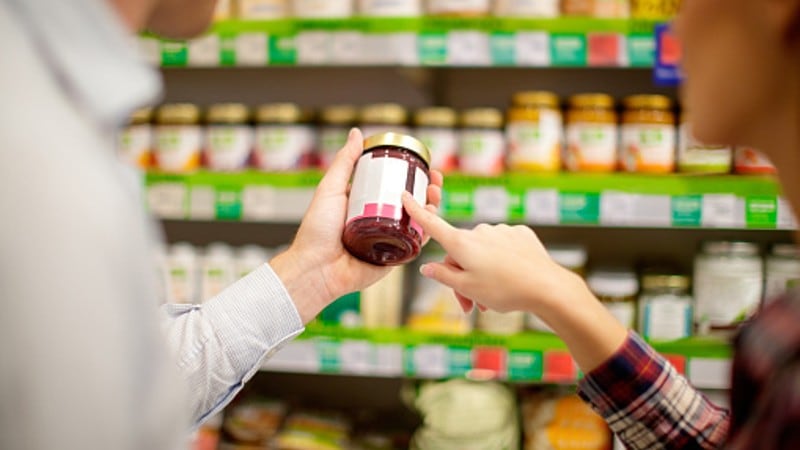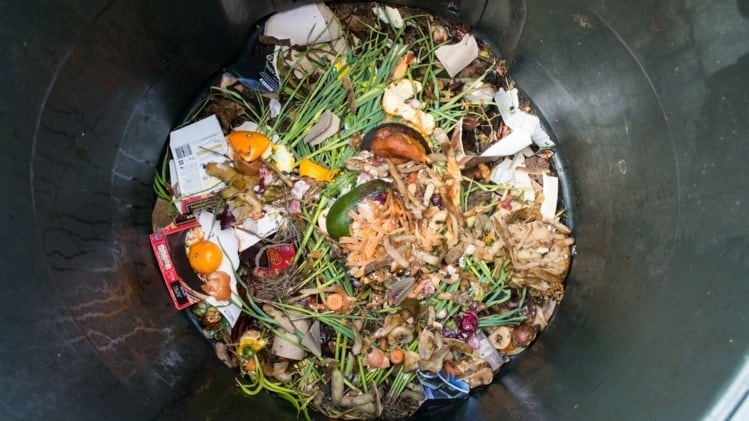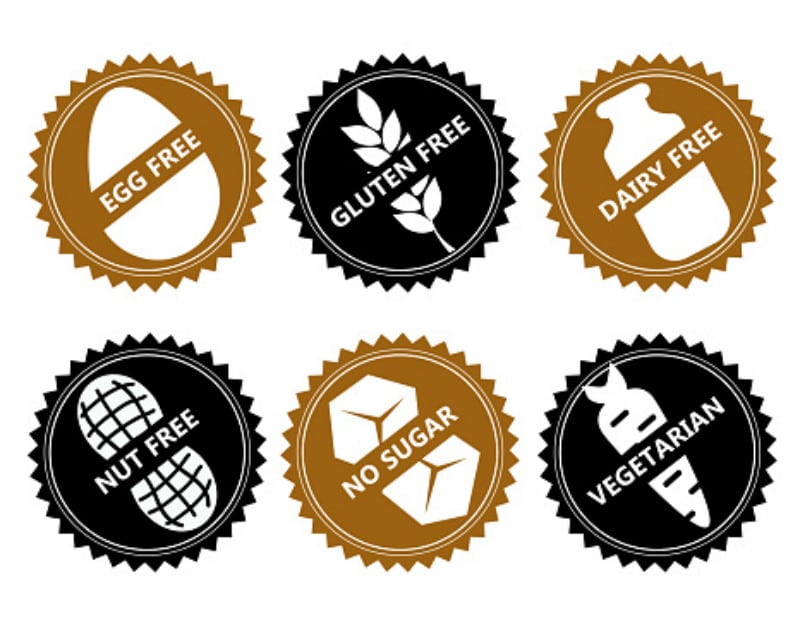South Korea officially implemented a ‘use-by’ expiration dates system for packaged foods and beverages in January last year, a historic move that replaced the previous near-40-year-old system that mandated manufacturers to use ‘sell-by’ dates generally found to be within 60% to 70% of the timeframe that food is still considered safe for consumption.
After a series of implementation pilots and projects, the local Ministry of Food and Drug Safety (MFDS) has deemed the system to be proceeding full steam ahead ‘without a hitch’, with its confidence significantly boosted by recent survey findings in the country.
“[Our recent data has found that] 94.2% of all products manufactured by the top 100 companies in the country based on domestic sales have adopted the new expiration date display system,” MFDS Minister Oh Yoon-kyung announced via a formal statement.
“This is important as the sales of these 100 companies make up approximately 50% of local food sales, [which means that their reach to consumers is very substantial].
“Surveys conducted with South Korean consumers also showed a significant increase in awareness of the new system and the ‘safe consumption period’, from just 34.5% in July 2022 to 88.5% in November 2023.
“With full-scale implementation of the system about to come into force [in January 2024], this significant increase in adoption and consumer awareness means that the conversion to the new system is proceeding without a hitch.”
The survey was commissioned by MFDS and run by local research firm Gallup Korea, which surveyed over 2,000 local consumers via a web survey over a one week period in November 2023.
“Consumers should also note that it remains important to carefully and thoroughly check the dates indicated on the food packaging and also follow the storage instructions,” the agency added.
“All food products that are past their expiration date must not be consumed, and all food and beverage purchased must be consumed as quickly as possible to minimise any chance of food safety or contamination issues.
“For both industry and consumer reference, all food products that were produced during the transition period (between January 2023 to January 2024) and have expiration dates printed according to the old system are still allowed to be sold until said dates, so for the time being it is expected that shelves will carry a mix of products with ‘use-by’ and ‘sell-by’ dates.”
Cutting the waste
MFDS views the new ‘use-by’ date system as an important step in its quest towards sustainability, as this is expected to both cut food waste and make a major shift towards carbon neutrality in the country.
“MFDS believes that placing the focus on consumers by informing them about the safe consumption period of food via the ‘use-by’ date [is important to] reduce food wastage as well as the carbon footprint locally,” MFDS added.
“The past one year transition period has been given to the industry in order to ensure that the system will see stable operation moving forward.
“MFDS will also continue to provide reference values for food and beverage items in order to help manufacturers set suitable expiration dates according to the individual characteristics of each food, as well as establish a public-private consultative body comprising ministry and industry representatives to [make further improvements to the system].”





